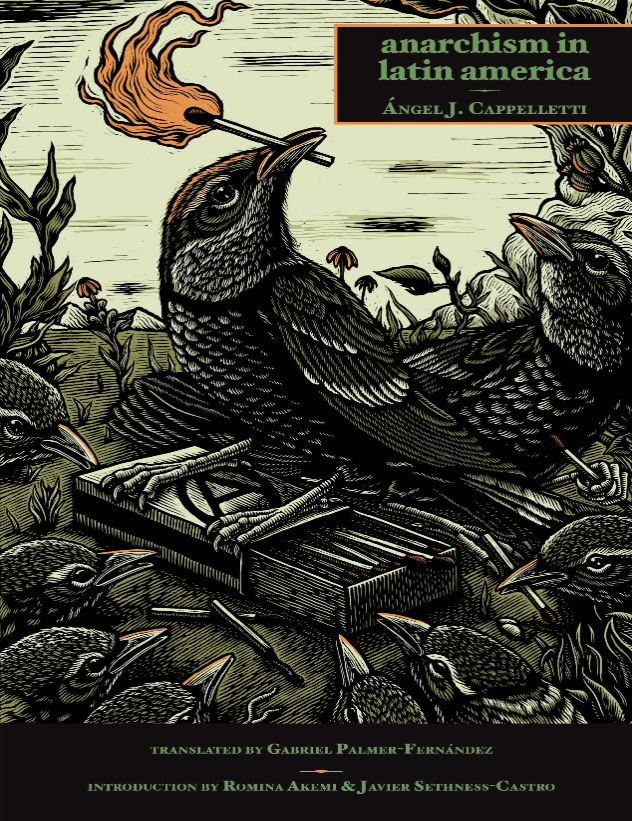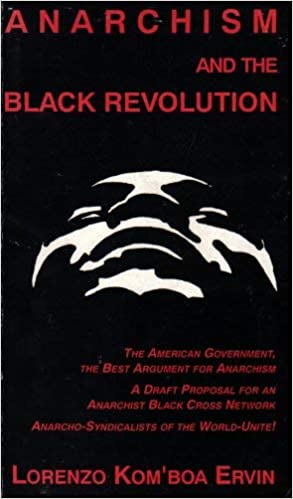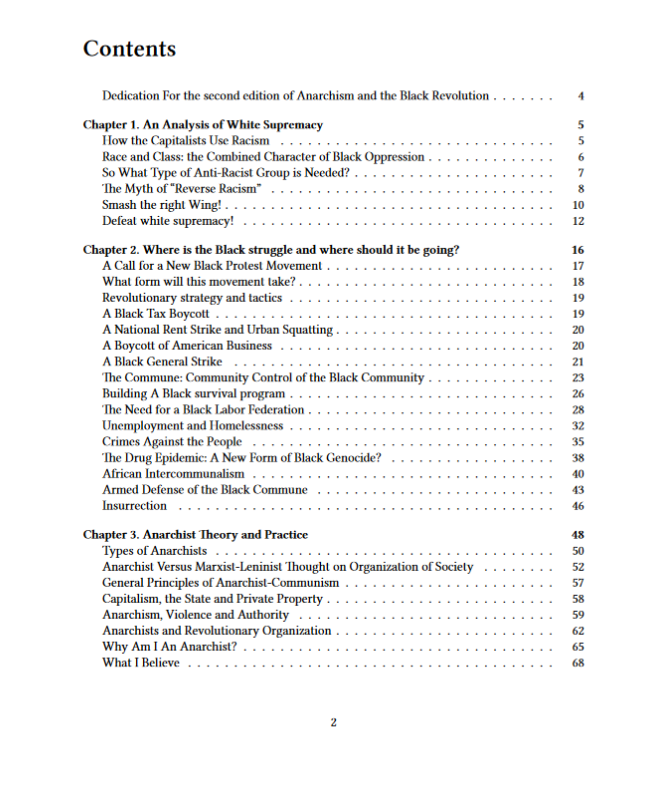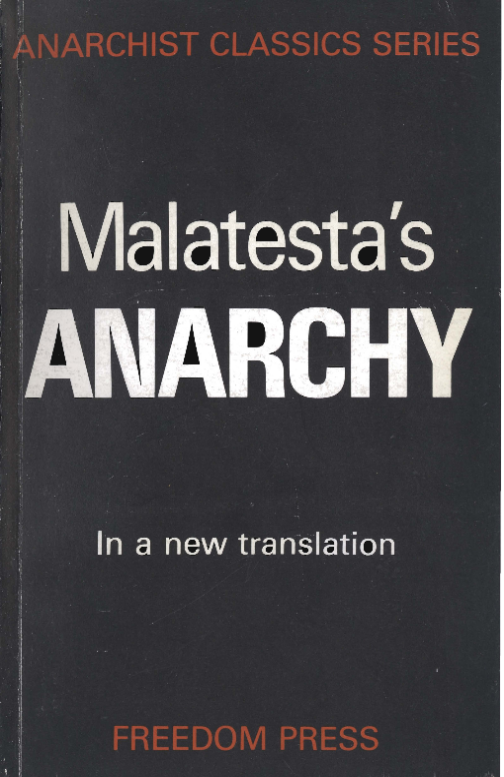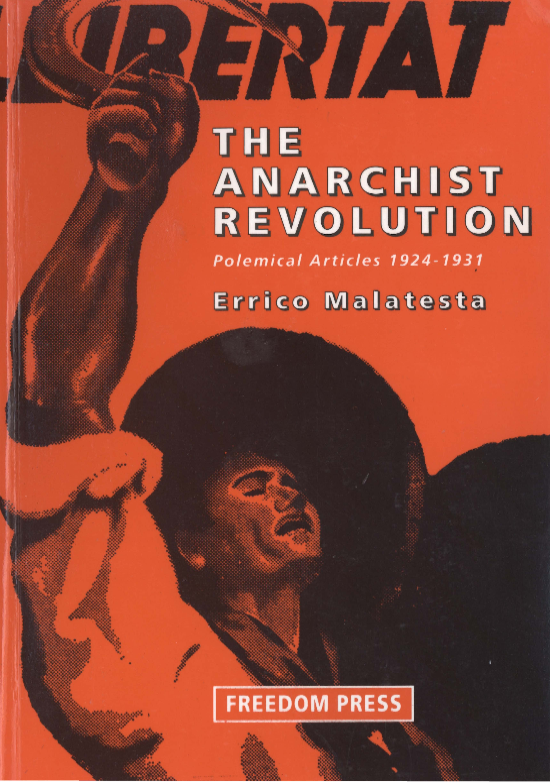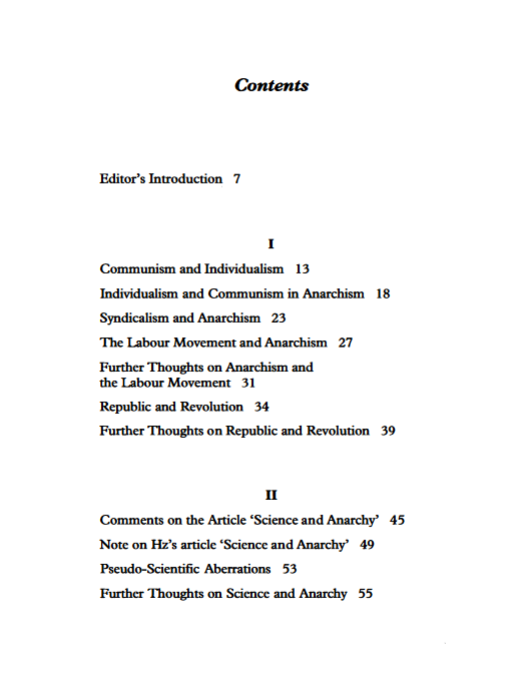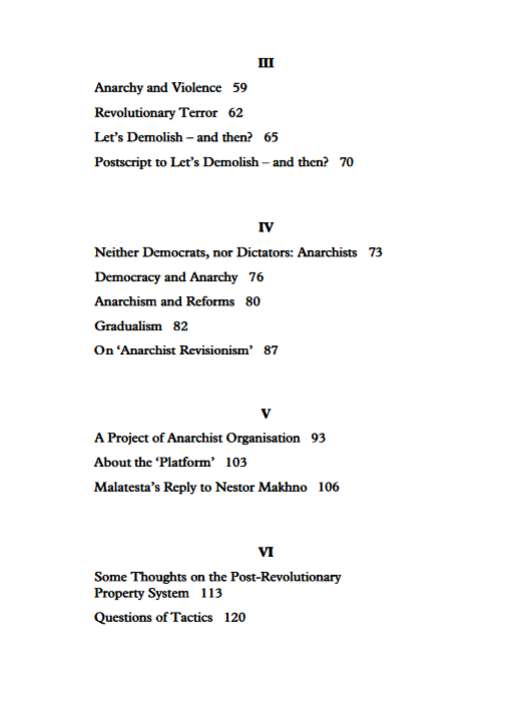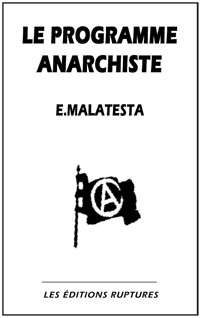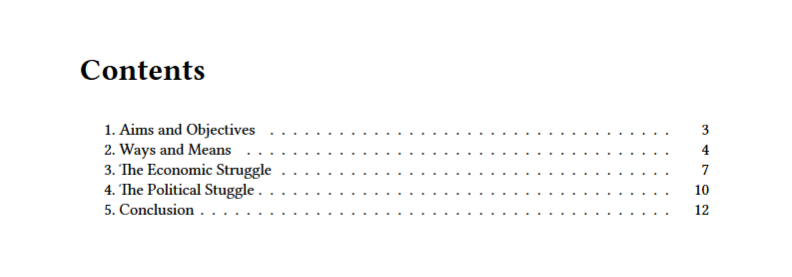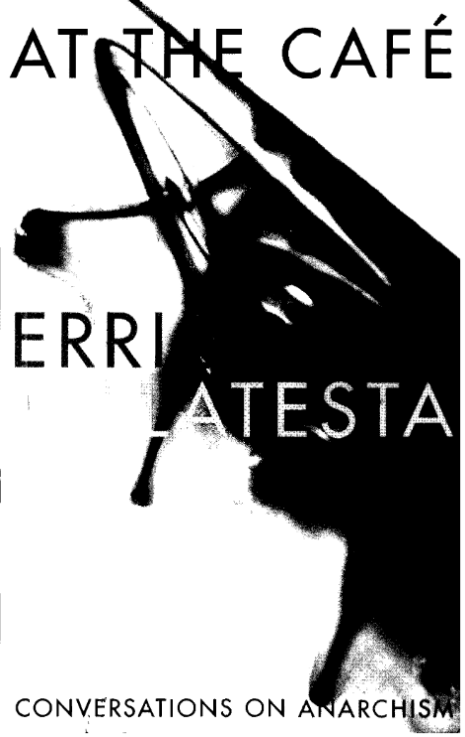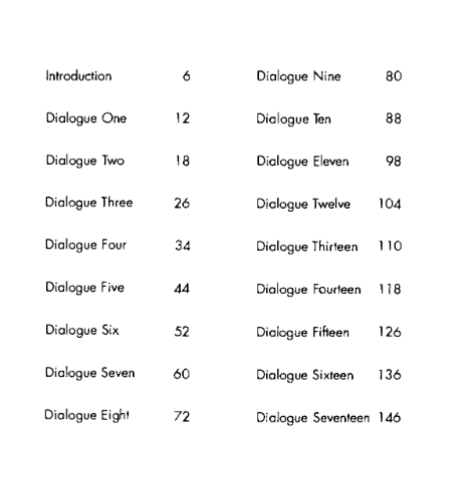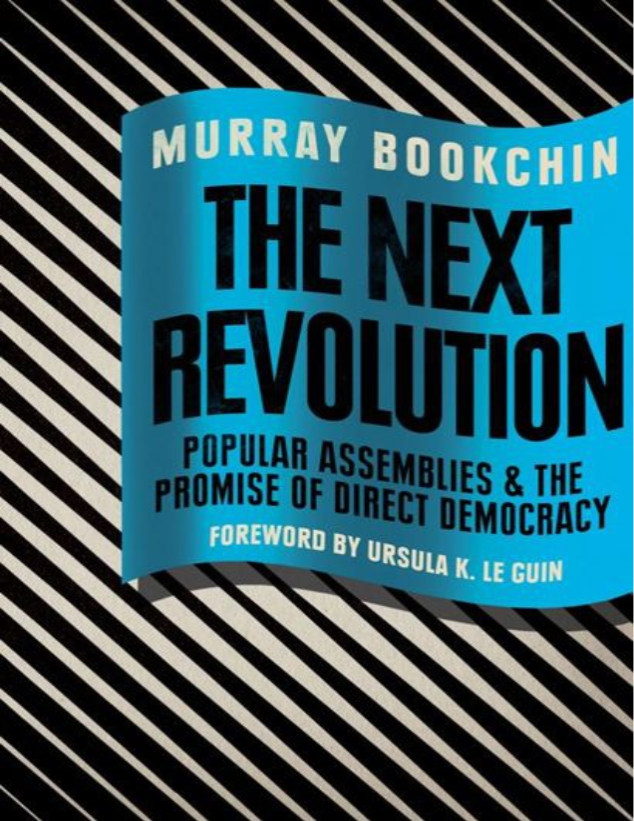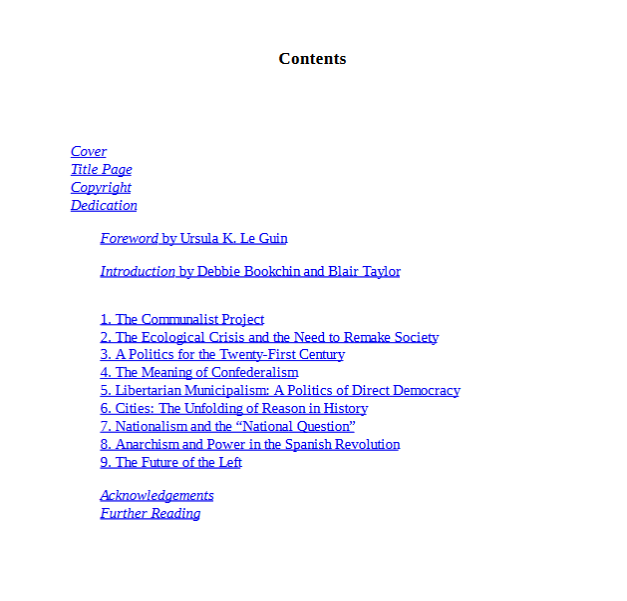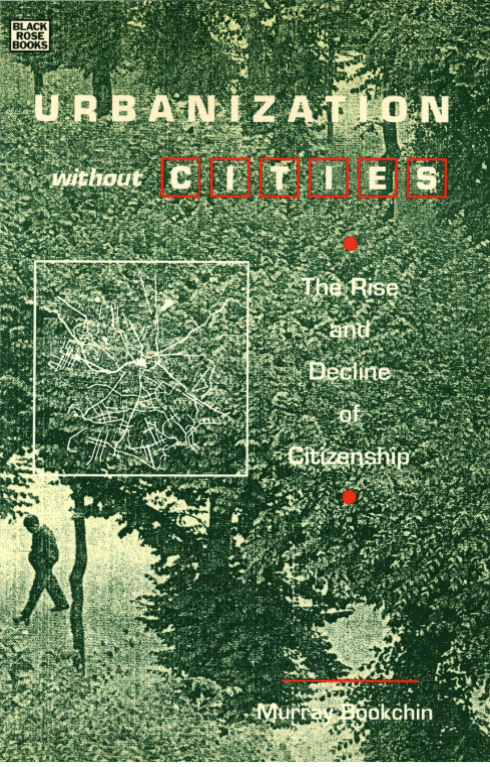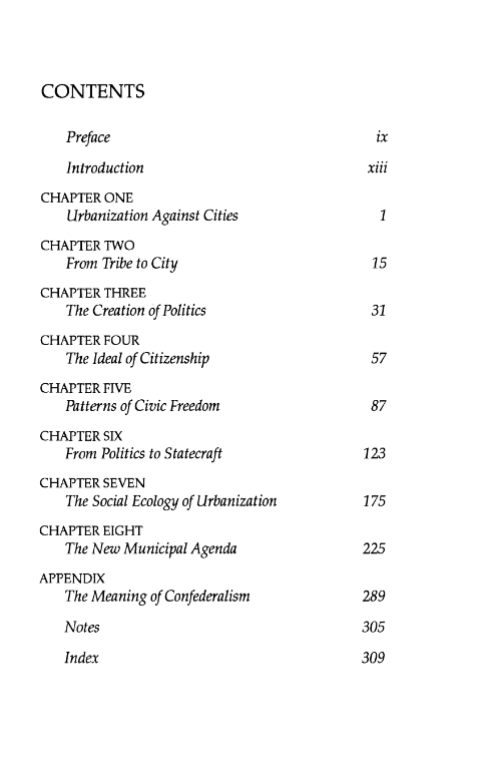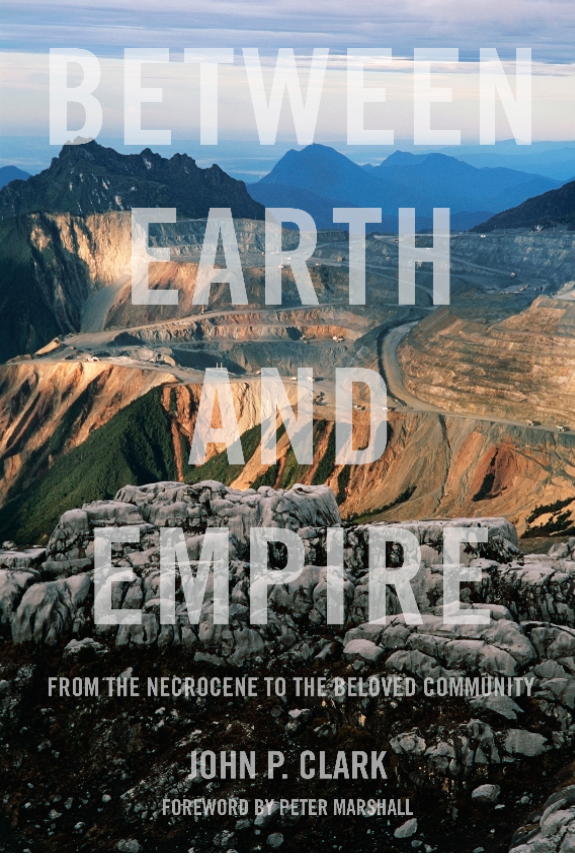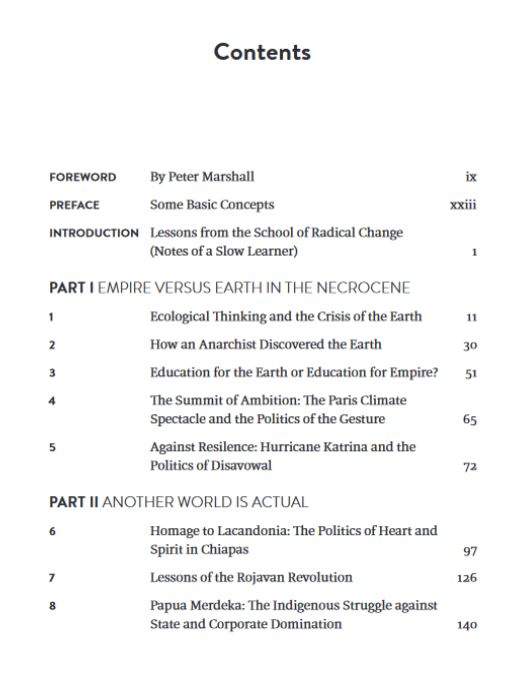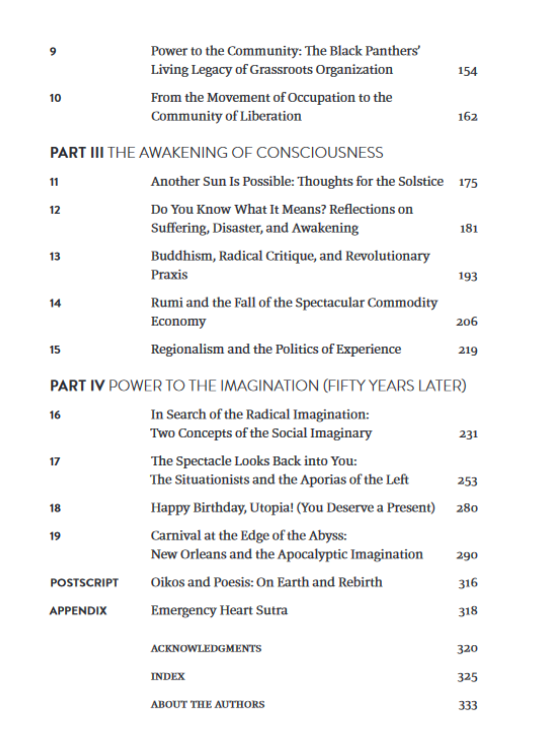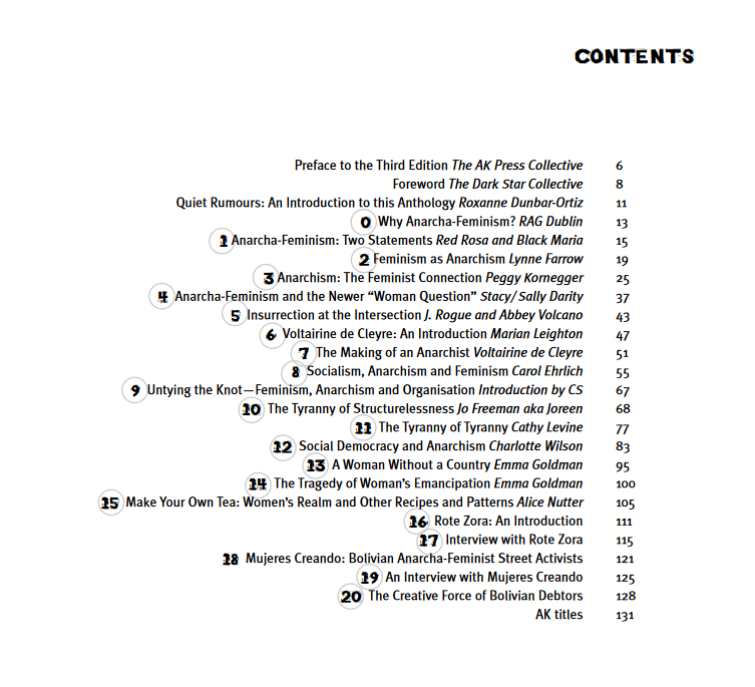Author(s)
“By the 1860s anarchism reached Latin America and took root in a number of activist groups. Sections of the First International formed in the French Antilles; the ideas of Proudhon and Bakunin were disseminated throughout Mexico; and the first organizations of workers, peasants, and students with a libertarian bent were established there.
In the 1870s there was a clear presence of anarchist groups on both sides of the Río de la Plata. For the next half century, anarchism enjoyed a steady even if often irregular history in many Latin American countries. It absorbed the major part of the working classes through unions and resistance societies for several decades in Argentina and Uruguay. In other countries, like Mexico, it played an important role in their political history and armed struggles. In Chile and Peru it sparked the revolutionary dimension of the working class struggle.
There is no doubt that even in some countries whose later history failed to produce an organized and significant labor movement—such as Ecuador, Panama, and Guatemala—there were early workers’ organizations that went beyond simple mutual aid societies and carried forward the class struggle, and they were anarchist.
Thus anarchism in Latin America has an ample history rich in struggles peaceful and violent; in demonstrations of individual and collective heroism; in organizational efforts; in oral, written, and practical propaganda; in literary works; and in theatrical, pedagogical, cooperative, andcommunitarian experiments. That history has not been totally documented, although a few fine partial studies are available. Moreover, many writers of the social, political, cultural, literary, and philosophical history of the continent either ignore or downplay the important role of anarchism—the result of ignorance or bad faith.
This work does not pretend to be a comprehensive history of Latin American anarchism but simply a sketch of it. But the range of the material and the dearth of impartial studies available do prompt a sustained treatment of that history. Hence this work examines the social achievements, the popular writings, and the anarchist literature of each Latin American country from Argentina to Mexico.”
Angel J. Cappalletti
Leave a comment below with a valid email adress (it will not be published) to request this book.
